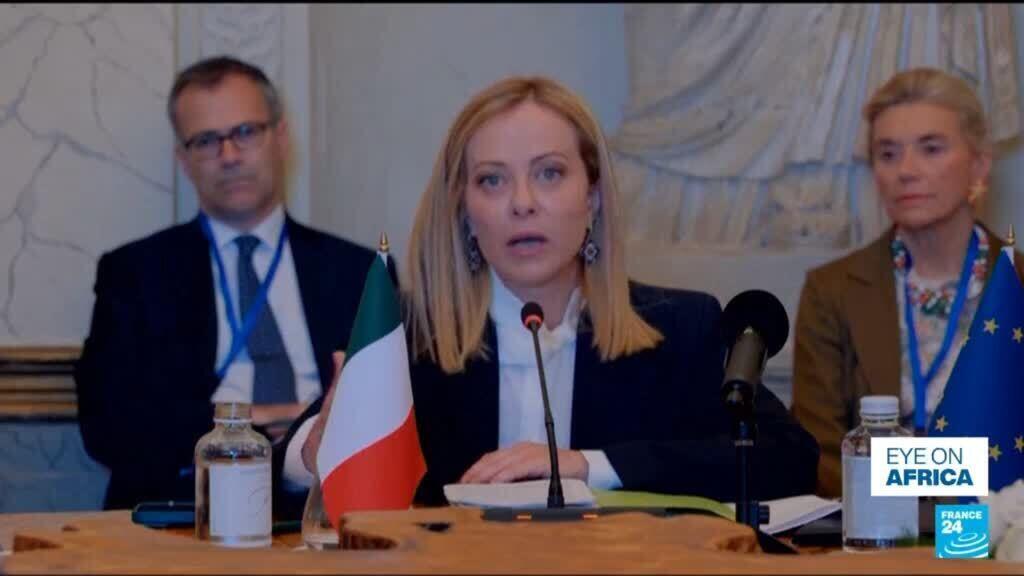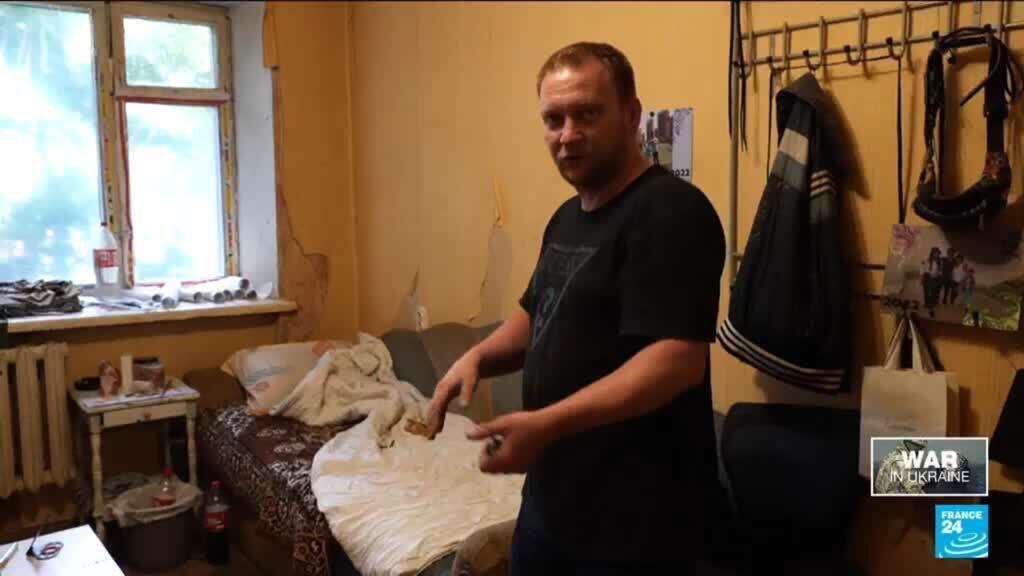Italy's Prime Minister Unveils the Mattei Plan to Curb African Emigration
On Friday, Italy's Prime Minister, Giorgia Meloni, unveiled her ambitious "Mattei Plan" during a conference co-chaired with European Commission President, Ursula Von der Leyen. The plan aims to address one of the pressing issues facing Europe today: the significant emigration from Africa. Meloni's initiative is centered on the belief that by supporting the economic development of African countries, it is possible to reduce the outflow of migrants seeking better opportunities in Europe.
The Mattei Plan represents Meloni’s effort to tackle the root causes of emigration by focusing on investment and development in African nations. By fostering economic growth in these regions, the Italian government intends to create an environment where people have the opportunity to thrive in their home countries rather than seeking refuge in Europe. The plan aligns with a broader European goal of addressing immigration through development instead of reactive border control measures.
Despite the optimistic framework of the Mattei Plan, it has met skepticism from civil society groups who argue that the proposal hinges on unrealistic promises. Critics contend that regardless of the good intentions behind the initiative, the practicalities of implementing such a vast developmental agenda in Africa are fraught with challenges. Historical precedents of development aid and investment have shown that simply pouring resources into a region does not guarantee economic improvement or a shift in migration patterns.
Giovanni Merco Carbone, the head of the Africa Programme at the Italian Institute for International Political Studies, provides a nuanced analysis of the implications of Meloni's plan. He asserts that while the intentions to foster economic stability in Africa are commendable, the execution will be crucial. He emphasizes that successful development initiatives must be built on genuine partnerships with African nations rather than the imposition of external agendas. Furthermore, without addressing underlying political and social issues within these countries, the Mattei Plan risks being another well-intentioned yet ineffective effort.
Meloni's presentation of the Mattei Plan comes at a time when European countries are grappling with increasing migration from Africa, stimulated by factors such as poverty, political instability, and climate change. Her government seeks to take a proactive stance against these challenges, advocating for a cooperative approach that prioritizes investment and collaboration with African leaders. However, such optimism is met with caution from those who have observed past failures in similar endeavors.
The conference co-chaired with Ursula Von der Leyen also highlights a significant shift in Italy's foreign policy approach towards Africa. Meloni appears keen on positioning Italy as a leader in addressing migration issues through development as opposed to stringent border control measures. However, to gain credibility and avoid repeating mistakes made in the past, it will be essential for the Italian government to present a concrete action plan along with measurable outcomes.
In conclusion, while the Mattei Plan presents an opportunity for Italy to change its narrative regarding migration and development in Africa, its success largely hinges on the implementation process. The collaboration with European and African partners, transparency in intentions, and the focus on sustainable development will be key elements in determining whether the aspirations set forth by Prime Minister Meloni can materialize into impactful results.












